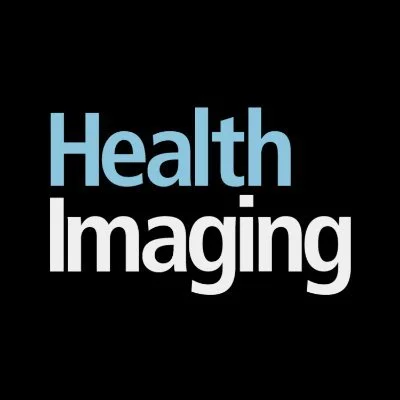
Researchers developed an explainable AI model to improve breast cancer detection in MRI with lower false positive rates.
Key Details
- 1AI model was trained on over 10,000 contrast-enhanced breast MRI exams from 2005 to 2022.
- 2The dataset included diverse cases and varying categories of breast density for robust training.
- 3Unlike prior models, this AI was evaluated on both low- and high-prevalence cancer cohorts, improving clinical relevance.
- 4The model features explainability to provide evidence-backed decisions, critical for clinical adoption.
- 5A key aim is to reduce false positive rates, a common issue in breast MRI diagnostics.
Why It Matters

Source
Health Imaging
Related News

Patients Favor AI in Imaging Diagnostics, Hesitate on Triage Use
Survey finds most patients support AI in diagnostic imaging but are reluctant about its use in triage decisions.

Deep Learning AI Outperforms Radiologists in Detecting ENE on CT
A deep learning tool, DeepENE, exceeded radiologist performance in identifying lymph node extranodal extension in head and neck cancers using preoperative CT scans.

AI Projected to Reshape Radiologist Workload But Not Eliminate Jobs
Stanford researchers predict AI could reduce radiologist hours by up to 49% over the next five years, though workforce size is likely to remain stable due to rising imaging demand.